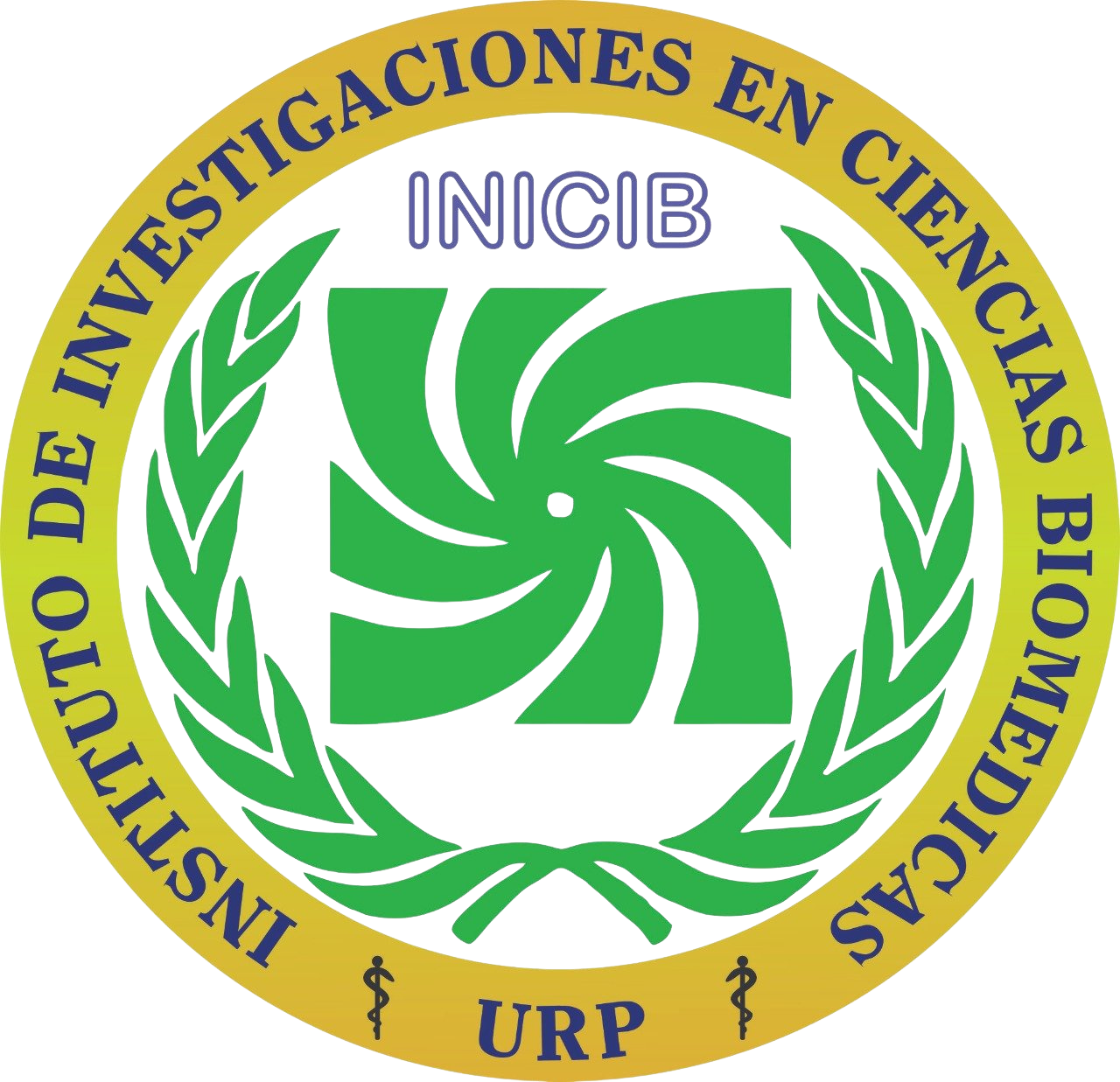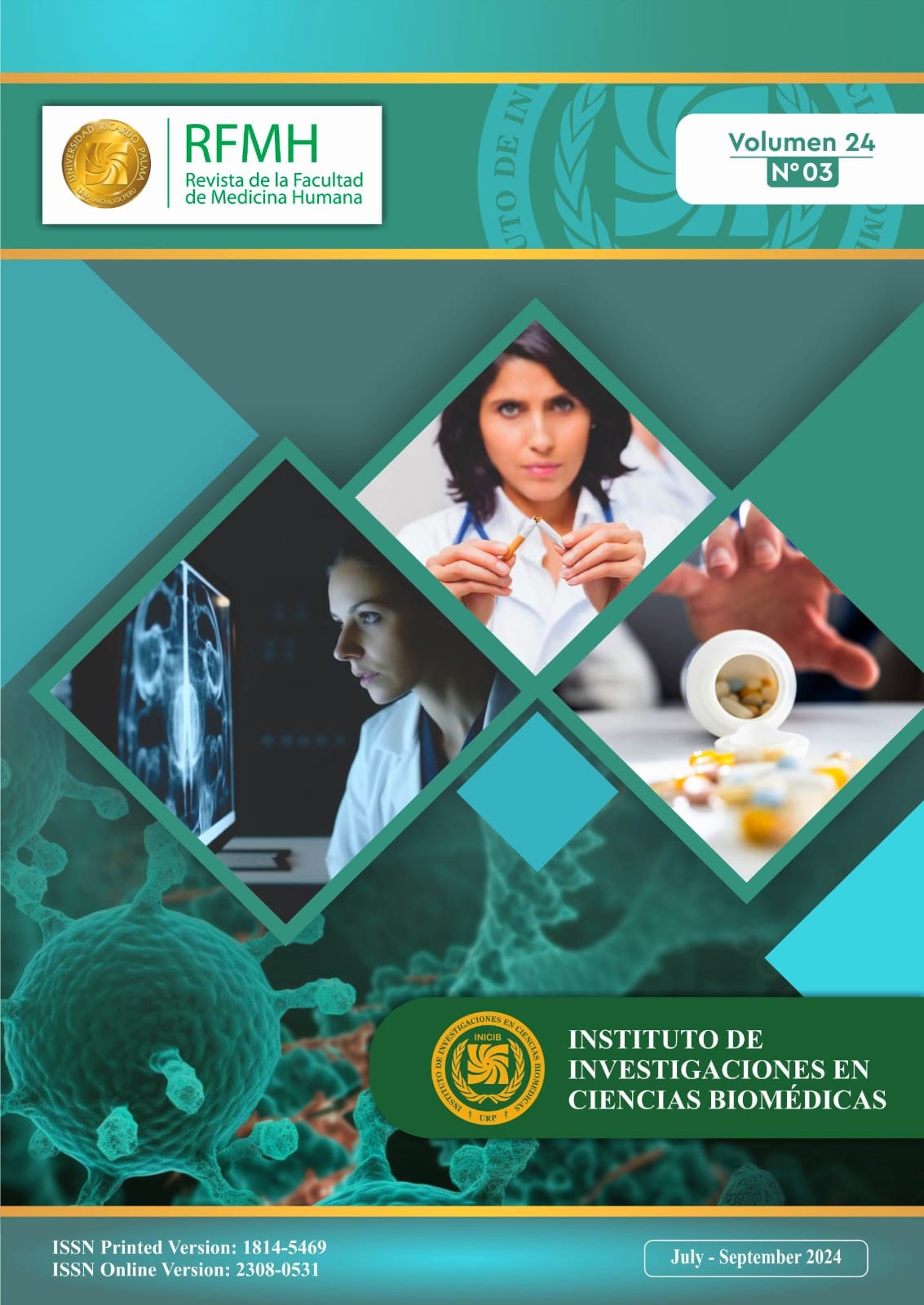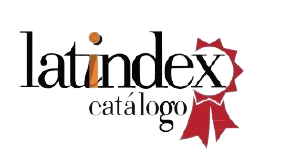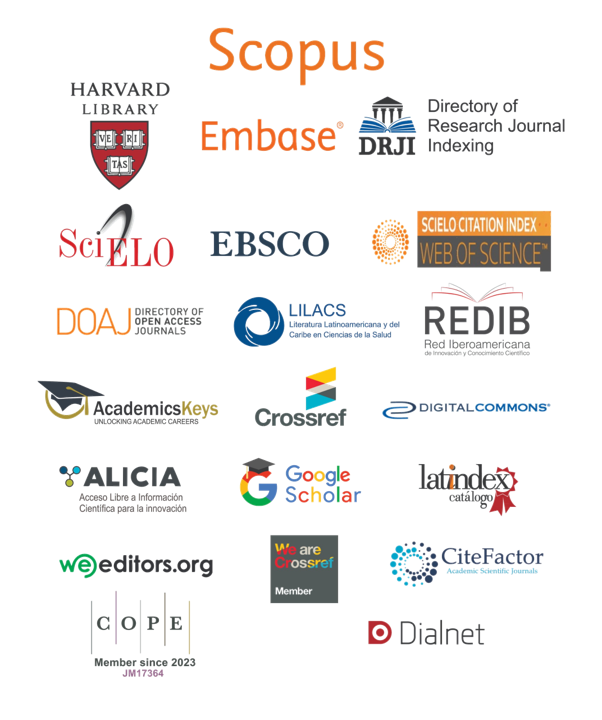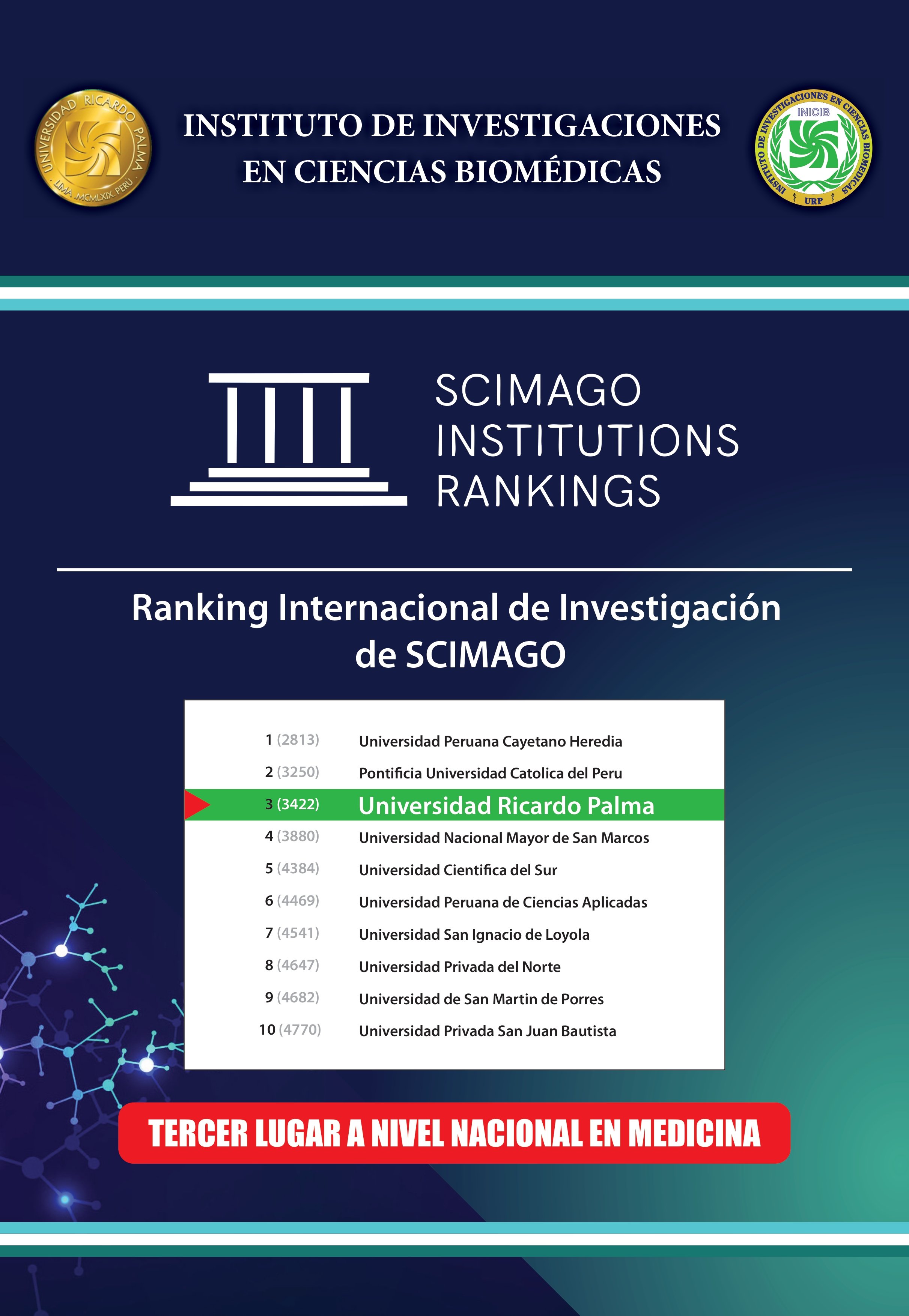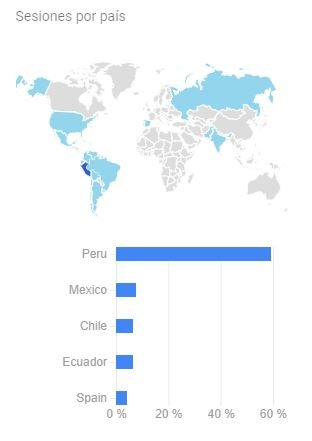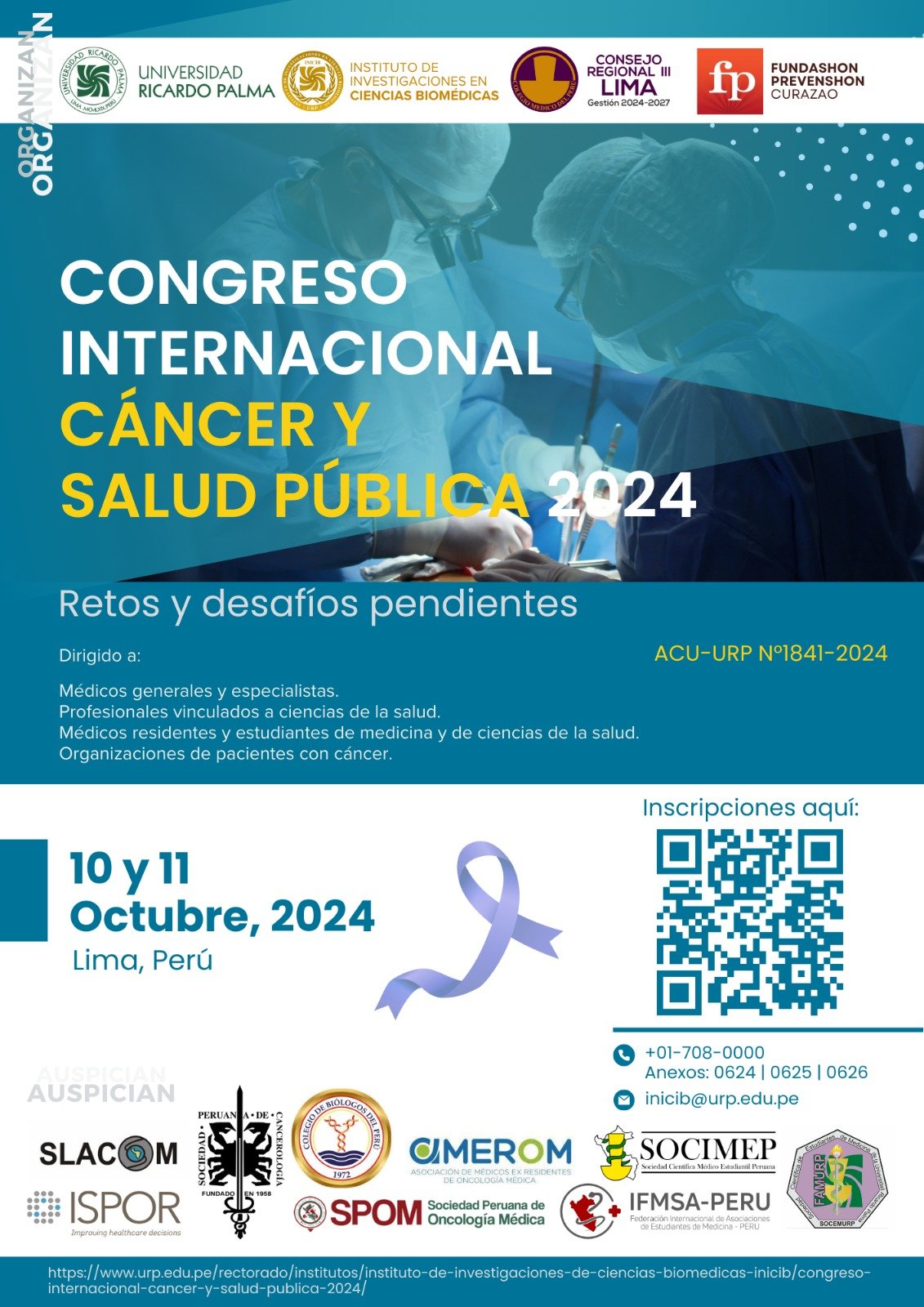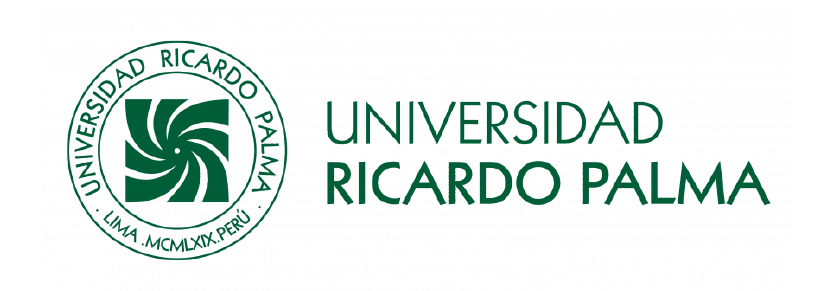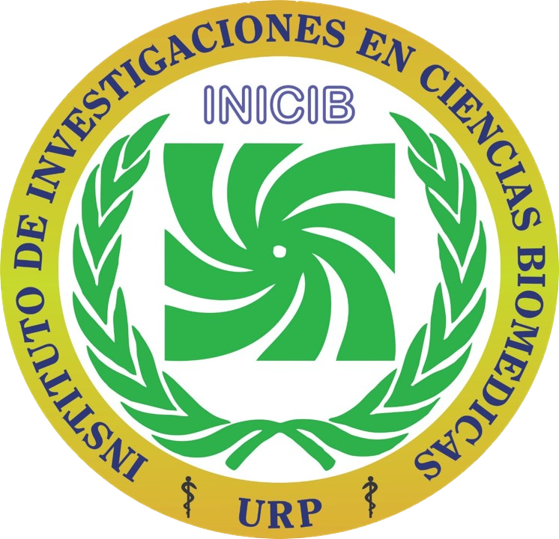Quality of life of students in Health Sciences from a private university in Nuevo Leon, Mexico
Calidad de vida en estudiantes de ciencias de la salud de una universidad privada en Nuevo León, México
DOI:
https://doi.org/10.25176/RFMH.v22i1.4119Keywords:
Quality of life, health science students, university studentsAbstract
Introduction: Knowing the quality of life allows taking action for its improvement. Objective: To describe the quality of life in students in the Health Sciences area of a private university in Nuevo León. Methods: Quantitative, observational, descriptive, cross-sectional study. Population: health sciences students from a private university in Nuevo León, Mexico, during August-December 2018. Construct used: quality of life, was measured using the World Health Organization Quality of Life short version. Statistical analysis: IBM SPSS, performing student's t-test and one-way ANOVA. Results: Sample of 611 students, with age m = 20.53 years, SD ± 2.92 years, gender: 58.6% female (n = 358) and 41.4% male (n = 253). Nationality: 84% Mexican (n = 513) and 16% foreigners (n = 98). Place of origin: 74% urban area (n = 452) and 26% rural area (n = 159). 44.7% refer to their quality of life as fair (n = 273). There is a statistically significant difference in the quality of life of students according to the degree they are studying (F = 2.052 and p = 0.039) and according to their nationality, (t = 2.013, p = .045). Conclusions: Career, age and nationality directly influence the quality of life, for which comprehensive health promotion strategies should be considered, emphasizing psychological health and interpersonal relationships that allow students to obtain the necessary resources to face challenges, preserve and improve their quality of life.
Downloads

Downloads
Published
How to Cite
Issue
Section
License
Copyright (c) 2021 Revista de la Facultad de Medicina Humana

This work is licensed under a Creative Commons Attribution 4.0 International License.


